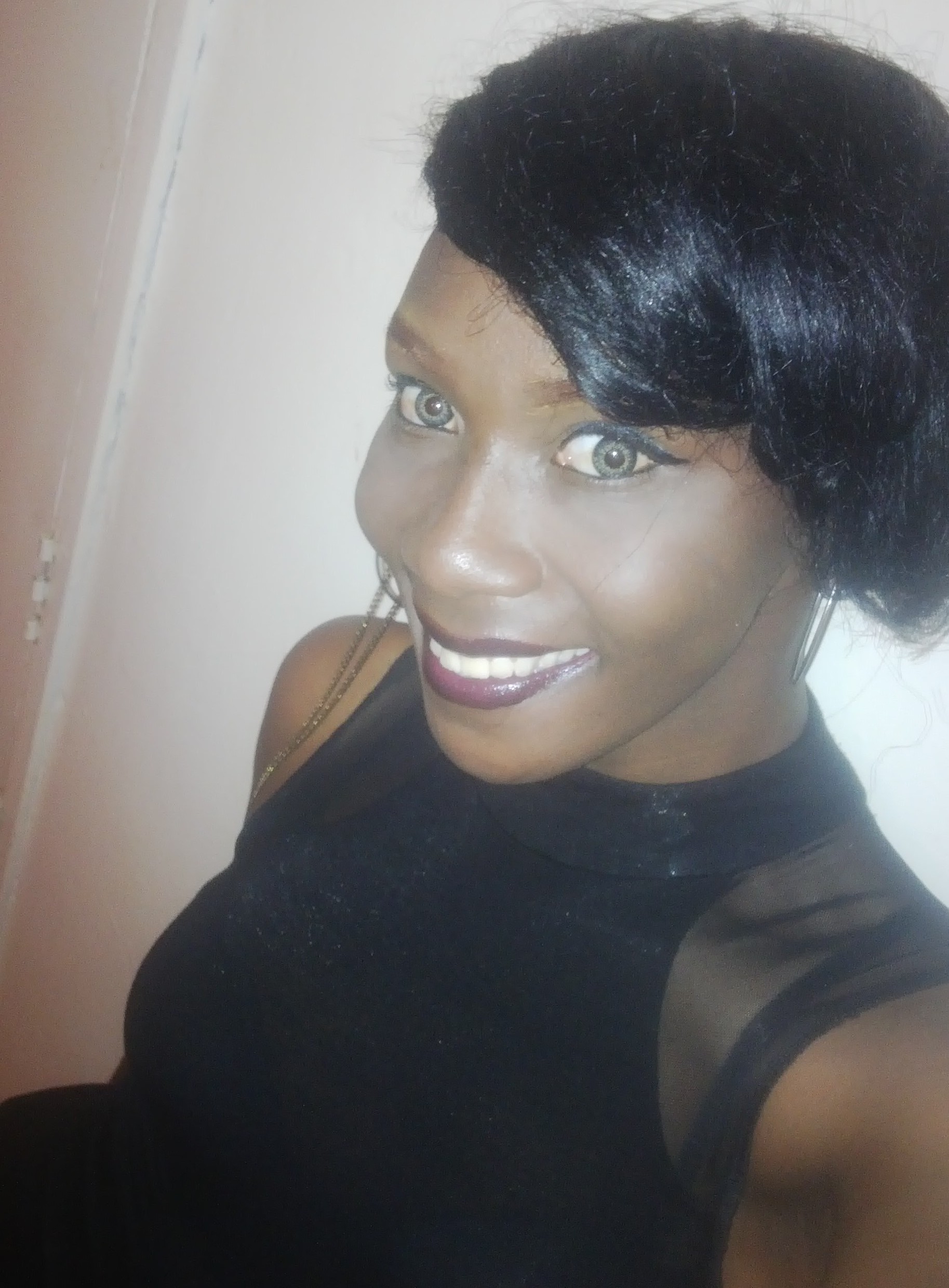Written by Kanyanta Atanya Anakak, Transgender Activist from Zambia

Growing into an activist took a while for me. I needed time to understand why activists do what they do. I constantly asked myself why someone should choose to “fight the fight” when we live in a continent that is mostly ignorant about our issues, that will probably take us years to change? The answer to my question was, “if we don’t fight the fight, who will?” I attended trainings, workshops, and gatherings for the trans and intersex community that were facilitated by the organization I now volunteer with. I constantly found myself giving speeches in my bedroom to an invisible audience about the diversity of mankind. I gave great speeches to this audience about how love was love regardless of sex or gender. How regardless of one’s views or religious opinions, it was still important to recognize every human being’s human rights. While all this was happening, my blind spot kept me from seeing that an activist was already being created.
When I started to realize that I didn’t have much of a voice as a transgender woman in Zambia, beyond my bedroom speeches, I stood up and began my work as an activist. I say this because I believed and still believe nobody can tell or feel my struggle the way I have. I knew it was time for me to make my voice heard. I have great respect for the Zambian activists who came before me, because through them I’m able to have a voice and a platform.
Life as an activist in Zambia, like in most parts of Africa, is a gamble. You don’t know when something crazy could happen to you, and could just be made to look like an accident. Every African LGBTI activist I know takes many precautions in what they do. To me, these are true fighters for change. The truth is we are a long way from achieving a massive amount of change, but what is important is that we’re working towards it at a good pace. My strongest form of advocacy is sharing my story. This is because I simply want to give proof that I exist, in the hopes of starting important conversations about transgender, lesbian, and gay rights. Many activists will disagree with me on that, because it is seen as “self-outing,” but in my core, I believe that the key to analyzing and solving a problem is through conversation. Everything else that follows is as a result of that conversation.
In my experience, the average Zambian transgender woman, myself included, is almost, if not always, mistaken for a femme gay man. This is because in the interest of security and safety, we do not embrace our true gender. My culture and society are rigid about gender roles. Everyone lives in ways that they have been taught to follow as Africans. That makes cross-gender expression a taboo act. I emphasize gender expression because that is the closest form of transition I can get as a Zambian trans person. Transition for most trans women in Zambia ends at the mental stage. This situation of course leaves us in very emotionally vulnerable spaces. I recently lost two potential lovers to AIDS. I say “potential” because in my more vulnerable times, I would easily have engaged in sexual relations with them…sex with men is often a form affirmation for trans women in my context. Fortunately, I’m able to accept who I am and the reality of the body politics I face every day and make informed, healthy decisions about whom I take to bed with me. I’ve began to build pride in trans feminism, as I now believe this is the strongest form of empowerment I’ve encountered.
Trans women around the globe, like myself, need to come to a place where we own our presence, demand respect, and realize our full potential.
Going forward as an activist, feminist, and trans woman in an African society, I plan to take every opportunity I can to make a difference. I will raise awareness on issues that affect transgender people in my context and many other contexts around the world. I want to help change policies for transgender people in Zambia so that the trans community has access to the quality health care and the justice that they deserve without questions of their gender identity. I want to teach up-and-coming generations to change their perception of gender stereotypes in order for them to be able to recognize and respect transgender and diverse communities. Most importantly, I want help break the chain of ignorance on trans issues in my context. I want to share my story in order to help Zambians and Africans at large know that I exist as a trans person and that regardless of my gender, race, or social background, I deserve acknowledgment and respect.
